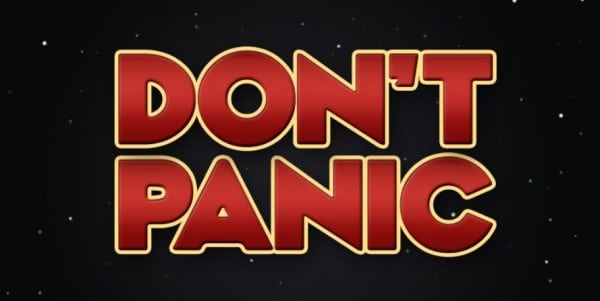
The basic rules of crisis PR were put in place long ago, and they have not changed: be proactive, be transparent, be ethical and place public interest above self interest. What has changed is the environment in which today's PR crises arise and the way they take shape. Communications professionals must also change to meet the challenges of now.
We asked Julie Murphy, vice president of public relations for Sage Communications, to outline the factors that shape the modern crisis environment. Her assessment:
- The "new rules" of journalism. The competition to report first and report loudest has led to many more cases of exaggeration at best, and complete misinformation at worst. Take for example the recent WHO announcement concerning the carcinogenic risks of red meat and processed meat: Although bacon was placed into the same group as cigarettes in terms of how much evidence there is for a cancer link, this was widely misreported and misunderstood as bacon causing as much cancer as cigarettes.
- Social media. Two major factors that set it apart from traditional media are that on social media, people don't fear libel laws, and that it's much easier for part of a story to leak out without the full context. This tends to turn crisis communication into an inherently negative conversation that can spread like wildfire.
- Global connectivity. What once may have been contained to a localized (or regionalized) area goes vast and wide very quickly. There are no boundaries, so for example the crisis affecting a few of your franchises in one area may harm your business on the opposite coast (remind anyone of Chipotle?), if not the other side of the world.
Murphy summarizes these factors by concluding that the job of the crisis PR pro has become much harder, and she emphasizes the need to be aware of worst case scenarios. People generally don't like to think about unpleasant things, but that's exactly what they need to do in order to have a crisis management plan, so it's a good practice to brainstorm the worst things that could happen. As Murphy says, crisis communications is a matter of when, not if.
Julie Murphy will help crisis PR pros get their game plan up to date at PR News' Media Relations Conference on December 11, where she will present hypothetical scenarios, case studies and an interactive workshop.
Follow Ian: @ianwright0101

![Julie_Headshot[1]](https://www.prnewsonline.com//wp-content/uploads/2015/11/Julie_Headshot1-300x200.jpeg)